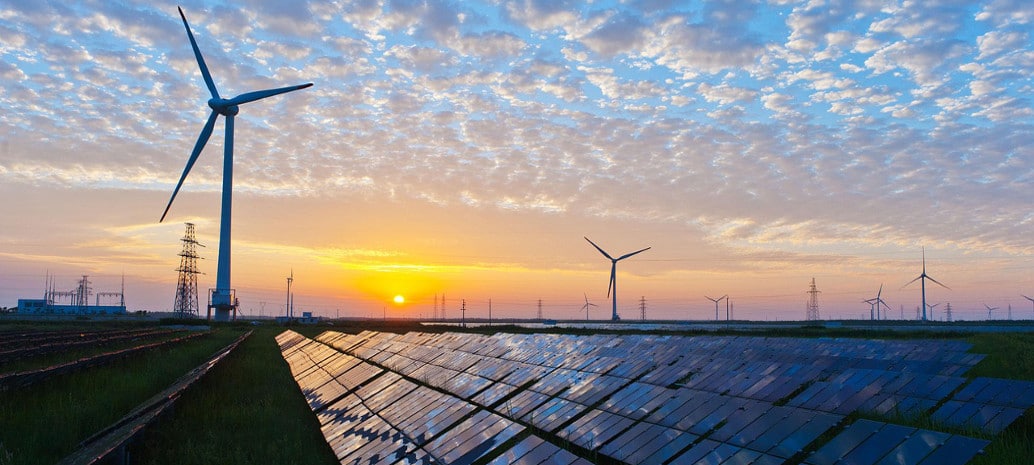
India’s ambitious push for a decarbonized economy has garnered strong backing from market players, with two consecutive years of record-breaking renewable energy tender issuances exceeding even the central government’s aggressive targets, according to a recent report by the Institute for Energy Economics and Financial Analysis (IEEFA) and JMK Research & Analytics.
The report highlights that India floated tenders for utility-scale renewable energy projects totaling an unprecedented 73 gigawatts (GW), surpassing the 58GW recorded in 2023. This significantly exceeds the Ministry of New and Renewable Energy’s annual goal of 50GW. Additionally, nearly half of the tenders in 2024 targeted advanced renewable solutions, such as wind-solar hybrid systems and battery energy storage, catering to energy offtakers’ increasing need for enhanced power quality.

The evolution of renewable energy tenders reflects ongoing efforts by market stakeholders to address existing challenges, according to Vibhuti Garg, Director – South Asia at IEEFA and a contributing author of the report. Garg noted that the renewable energy market has significantly matured, with investors and energy offtakers alike developing a deeper understanding of the complexities associated with renewable energy technologies.
The report also finds that the surge in tendering activity has brought fresh challenges that could temper investor enthusiasm and delay or cancel major projects.
The issue of tender undersubscription is becoming a significant challenge for tendering authorities, according to Prabhakar Sharma, Senior Consultant at JMK Research and co-author of the report. In 2024, approximately 8.5 GW of utility-scale renewable energy tenders remained undersubscribed—five times more than in 2023—due to complex tender designs, aggressive bidding in reverse auctions, and delays in the readiness of the interstate transmission system (ISTS) infrastructure.
Further, the report also highlighted delays in signing power sale agreements (PSA) with energy offtakers, which have now exceeded 40GW. Solar Energy Corporation of India (SECI)-led tenders comprise 30% (12GW) of the large backlog of unsigned PSAs.
Tender cancellations are also on the rise. From 2020 to 2024, 38.3 GW of utility-scale renewable energy capacity was cancelled, accounting for about 19% of the total issued capacity during that period.
Cancellations were due to tender design issues, location or technical complexity, undersubscription and PSA delays, the report finds.
According to Ashita Srivastava, Senior Research Associate at JMK Research and co-author of the report, delays in project implementation pose a major challenge to India’s 2030 renewable energy target. Ongoing issues with project realization may discourage investor interest and impact the availability of low-cost financing from large-scale investors.
The report recommends authorities focus equally on all aspects of the tendering process, from issuance of requests for selection to allotment and signing of PSAs, to keep momentum high on adding renewable energy capacity via such tenders.
The report’s co-author, Deepalika Mehra, Research Associate at JMK Research, emphasized that along with issuing tenders, the government should set annual targets for both allotments and the execution of Power Sale Agreements (PSAs). This approach would ensure that renewable energy implementing agencies (REIAs) issue bids only after securing the necessary offtake agreements.
Related
Source link




